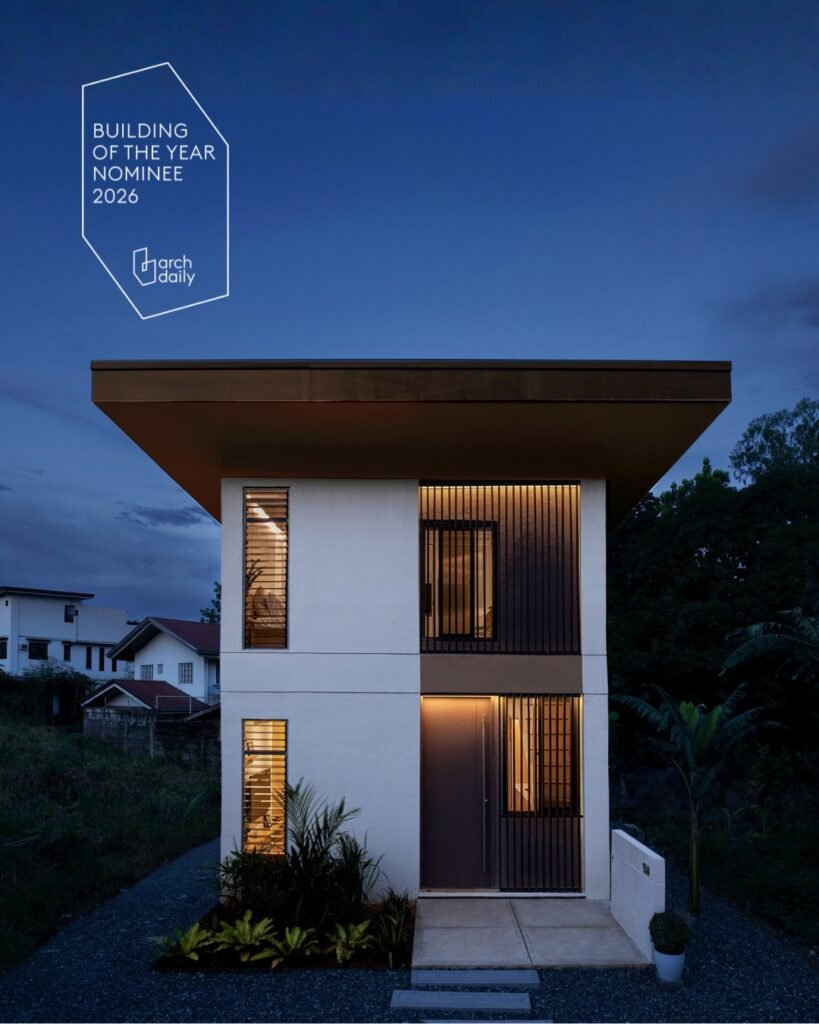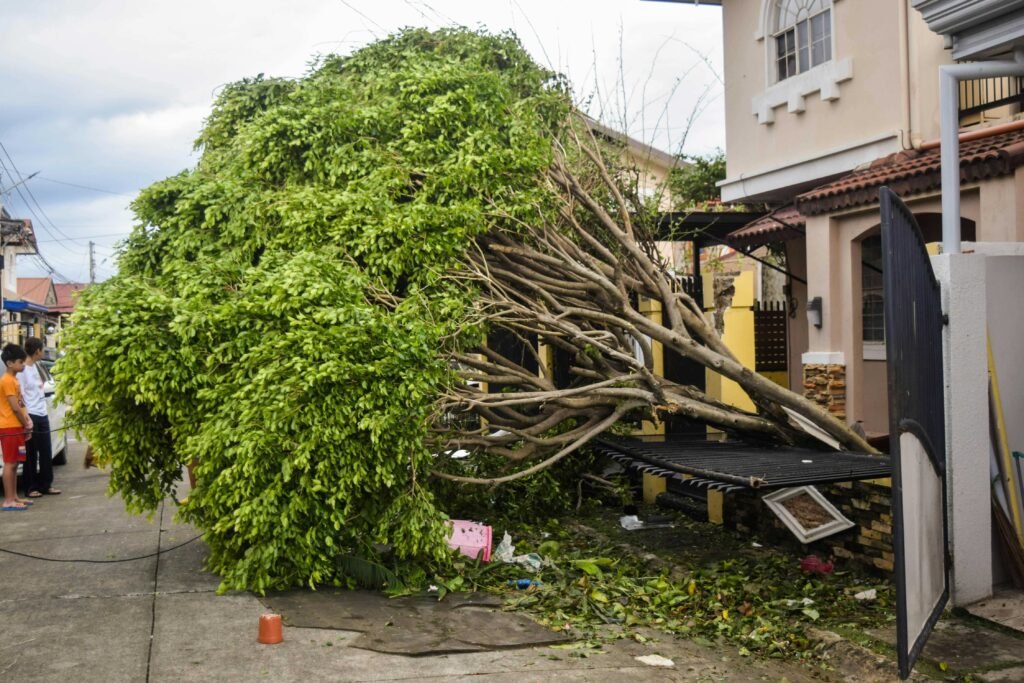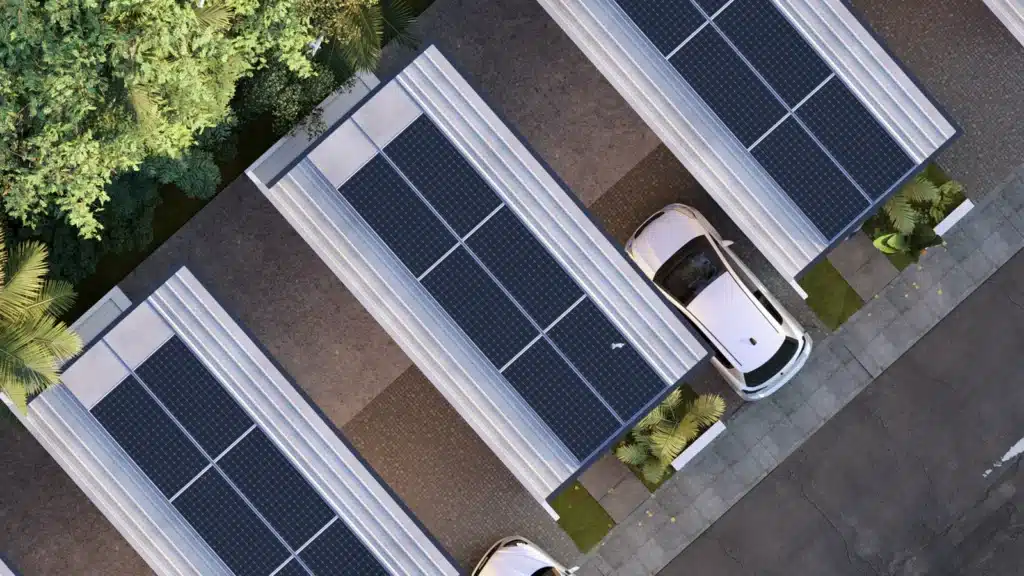Navigate through insightful steps to make your home a net-zero sanctuary in 2024. Discover how renewable energy, energy efficiency, sustainable transportation, waste management, local food choices, and water conservation can help you achieve a sustainable lifestyle.
Image by Freepik
Climate change continues to be an alarming concern globally. As such, significant shifts are necessary to mitigate its impacts. In the Philippines, many households are stepping forward to partake in the global response, aiming to reduce carbon emissions by transitioning to a net-zero lifestyle.
A net-zero lifestyle is when the amount of carbon released into the atmosphere is equal to or less than the amount taken away through sustainable practices. As it turns out, our homes represent an untapped potential to achieve significant strides on this front.
However, transitioning to a net-zero home requires detailed knowledge, robust planning, and long-term commitment. This comprehensive guide outlines six critical steps to successfully implement a sustainable, net-zero lifestyle by 2024.
1. Sun-Powered Future: Adopt Renewable Energy Sources
Image by Freepik
Harnessing the sun’s power opens up a myriad of possibilities for achieving a net-zero lifestyle. Consider two exciting options: install solar panels directly on your homes for maximum energy independence, or join community solar programs that allow the sharing of solar power among a community, fostering access to renewable energy in areas where traditional solar panel installation may be challenging.
In addition, the Philippine government offers tax incentives for renewable energy projects under the Renewable Energy Act. These incentives combined with the falling price of solar technology make the transition to solar power increasingly affordable. Beyond the immediate benefits of reduced electricity bills and increased energy independence, solar energy also significantly cuts carbon emissions, creating a win-win situation for both homeowners and the environment.
2. Thriving on Efficiency: Embrace Energy-Efficiency
Image by Freepik
On the path to achieving a net-zero lifestyle, energy efficiency emerges as an essential focus. Start by conducting a home energy audit to identify potential improvements, such as investment in high-efficiency appliances and LED lighting.
Smart home technology can play an instrumental role in this transition. A programmable thermostat, for example, can automatically regulate your home’s temperature based on your daily schedule, leading to reduced power consumption. Embracing energy efficiency empowers households to minimize their environmental footprint while simultaneously reducing their utility bills, making it a crucial part of net-zero homes.
3. Eco-Mobility: Practice Sustainable Transportation
Image by Freepik
Thirdly, understanding the carbon cost of our mobility choices is essential for achieving a net-zero lifestyle. Your daily commute significantly impacts your carbon footprint, and transitioning to more sustainable options yields valuable contributions.
Opting for public transportation, cycling, or walking for daily commutes remains a superior option to driving everywhere. This is easier said than done though, considering the state of public transportation and traffic in the Philippines, especially in Metro Manila. It is imperative that the government focuses on improving the transportation facilities of commuters and creating a safe space for cyclists. As an example of this, the Department of Transportation broke ground last October 2023 for the establishment of bike lanes in major roads in Quezon City. This entails an expansion of active and public transport infrastructures including the construction of 2-kilometer bike lanes and 10 public utility vehicle stops as well as sidewalk improvement.
These choices not only lower emissions, but they also contribute to healthier lifestyles. For necessary car use, explore electric vehicles or hybrids. Even arrangements like carpooling with colleagues or community members can meaningfully contribute to the shared goal of lowering emissions.
4. Embrace the Circular Economy: Reduce, Reuse, and Recycle
Image by Freepik
The concept of a circular economy—where resources are kept in use for as long as possible—should be ingrained in the transition to sustainable living. The three R’s—reduce, reuse, and recycle—provide a simple framework for implementing waste management at home.
Take steps to minimize waste production through conscious purchasing choices. Actively participate in local recycling programs and turn kitchen scraps into compost for a bountiful home garden. These practices effectively reduce the amount of waste sent to landfills and are vital contributors to the journey towards a net-zero lifestyle.
5. Farm to Table: Support Local and Sustainable Food Choices
Image by Freepik
Our food choices have a significant impact on the environment. Supporting local organic farms helps eliminate the “food miles” associated with long-distance transportation, reducing carbon emissions. It also ensures the freshest produce, free from harmful chemical contaminants often used in mass food production.
In urban settings, practices like vertical gardening can be introduced to cultivate fresh, organic produce at home, significantly reducing dependence on imported goods. Such practices also foster a sense of community, improving overall well-being while linking us closer to nature.
6. Blue Fixes: Practice Water Conservation and Efficiency
Image by Freepik
Water conservation is another crucial aspect of net-zero living. With an increasingly erratic climate and rising temperatures, water resources in the Philippines are under threat. Opt for water-efficient fixtures, engage in mindful consumption habits, and educate family members about the importance of conservation.
In more advanced setups, homeowners can install rainwater harvesting systems to further optimize water use. This water might not be potable, but it can serve a range of other purposes such as gardening, cleaning, and flushing toilets.
Seize the Moment: Delve with Us in Pursuit of Net-Zero Lifestyle
As the world teeters on the brink of climate catastrophe, shaking off complacency is more critical than ever. Adopting a net-zero lifestyle is not merely an applaudable aspiration but a necessity. Each conscious step—be it the installation of a solar panel, the choice of a bicycle over a car, the shift to a plant-based diet, or the decision to recycle—creates substantial combined effects.
By spotlighting practicable ways to transition to a net-zero lifestyle, this guide hopes to inspire, educate, and initiate collective climate action. After all, the task is monumental, and the clock is ticking. Together, let’s make every moment count on the path to net-zero living.
For further information on how BillionBricks can benefit your community, get in touch with us here.
If you’re ready to dive deeper into the net-zero lifestyle, be sure to check out our other blog post, How to Live a Net-Zero Lifestyle for Students. In this post, we explore practical tips for those students ready to embrace a net-zero lifestyle.
Resources:
-
Krees de Guia. The Success of Solar Communities in Asia. Retrieved from https://billionbricks.org/updates/the-success-of-solar-communities-in-asia?rq=solar%20
-
GOVPH. Republic Act No. 9513. Retrieved from https://www.officialgazette.gov.ph/2008/12/16/republic-act-no-9513/
-
Krees de Guia. Eco-Smart Living: A Simple Guide to Sustainable and Connected Homes in the Philippines. Retrieved from https://billionbricks.org/updates/eco-smart-living-a-simple-guide-to-sustainable-and-connected-homes-in-the-philippines?rq=smart%20home
-
Progressive. Hybrid vs. electric cars: What’s the difference? Retrieved from https://www.progressive.com/answers/hybrid-vs-electric-cars/
-
Rouge Disposal & Recycling. Exploring the three Rs of waste management — Reduce, Reuse, Recycle. Retrieved from https://roguedisposal.com/resources/education/recycling/exploring-the-three-rs-of-waste-management-reduce-reuse-recycle#:~:text=Reduce%20means%20to%20cut%20back,playground%20equipment%20and%20recycling%20bins).
-
Trisha Gedon. Grow more in less space with vertical gardening. Retrieved from https://news.okstate.edu/articles/agriculture/2018/vertical_gardening.html
-
Krees de Guia. Rainwater Harvesting: Addressing Water Scarcity in Indonesia. Retrieved from https://billionbricks.org/updates/rainwater-harvesting-addressing-water-scarcity-in-indonesia?rq=rainwater
-
Philippines News Agency. Bike lanes in Quezon City inaugurated. Retrieved from https://www.pna.gov.ph/articles/1211392











